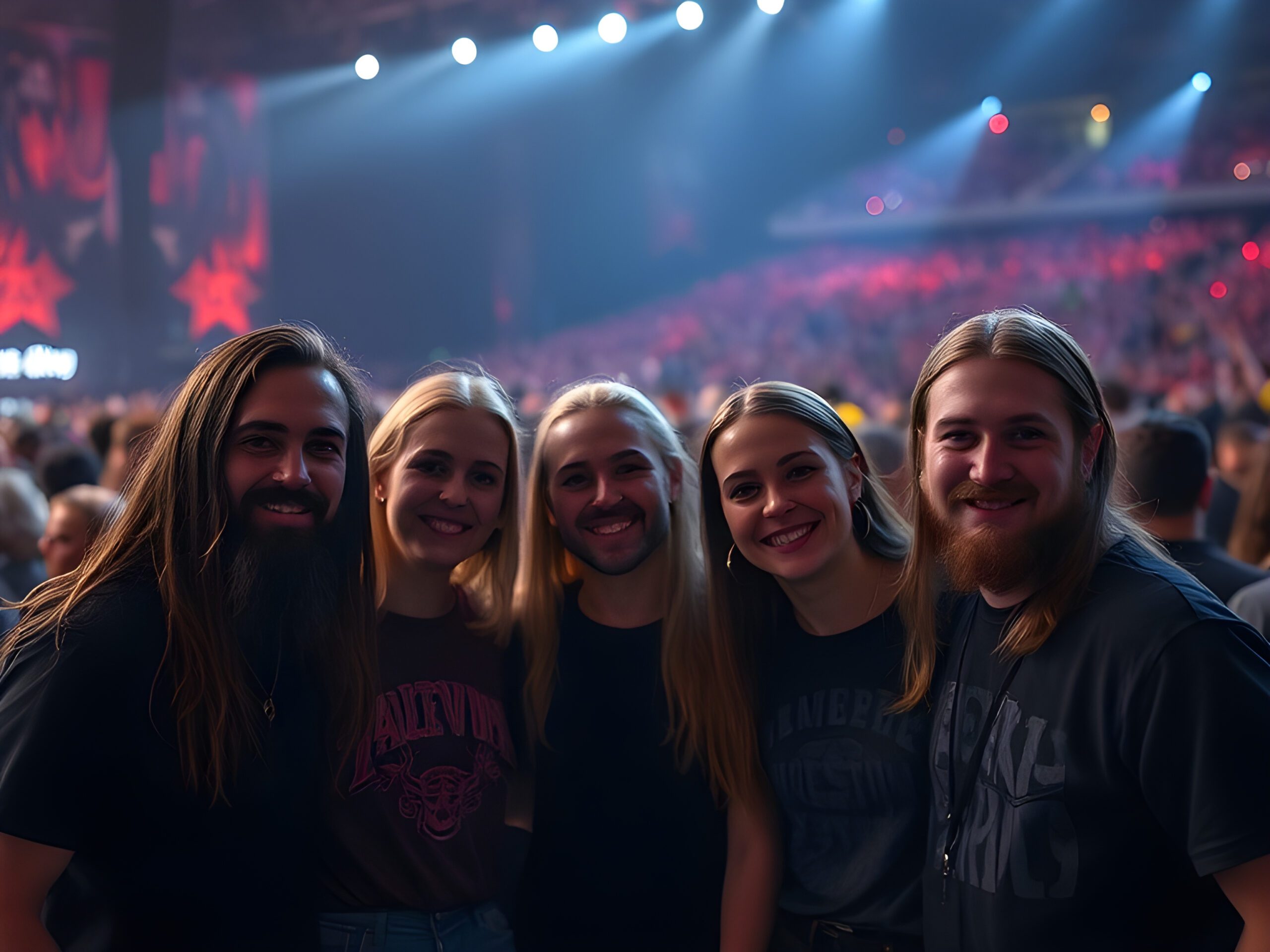Mindfulness and Mindful Grieving During the Christmas Holidays
The Christmas season often brings a swirl of emotions for those grieving the loss of a loved one. Memories of shared holidays, traditions, and the absence of someone cherished can make an already challenging time feel even heavier. Amid the societal push for joy and celebration, grieving individuals may feel out of sync with the world around them. Mindfulness, the practice of staying present with one’s emotions without judgement, can be a powerful tool to navigate the complexities of grief during this festive season.
Embracing the Present Moment
Mindfulness encourages us to sit with our grief, rather than pushing it away or masking it with forced cheer. This doesn’t mean ignoring the holiday or the loss, but rather being present with whatever emotions arise—whether joy, sadness, anger, or longing. During the holidays, this might look like:
– Acknowledging moments of pain when they come, such as hearing a carol that reminds you of your loved one.
– Allowing yourself to feel happiness or comfort when it arises, without guilt.
– Creating small rituals, like lighting a candle in your loved one’s memory, as a way to stay present and honour their absence.
By focusing on what is happening in the moment rather than dwelling on the past or worrying about how the season “should” feel, mindfulness can help anchor you during an emotionally turbulent time.
Mindful Practices for Grief During the Holidays
Mindful grieving isn’t about avoiding pain but facing it gently, with self-compassion. Here are some practices that can support mindful grieving during Christmas:
Breath Awareness: When overwhelming emotions arise, pause and take deep breaths. Focus on the sensation of your breath entering and leaving your body. This simple act can help ground you in the present moment.
Acceptance Without Judgement: Notice your feelings without labelling them as “good” or “bad.” Remind yourself that grief is a natural response to loss, and it’s okay to feel whatever you’re experiencing.
Body Scans: Take a few moments to notice where tension or heaviness might reside in your body. This practice can bring awareness to how grief is manifesting physically and offer a chance to release some of that tension.
Mindful Traditions: Adapt holiday traditions in a way that feels meaningful. If baking cookies was a shared activity with your loved one, you might bake their favourite recipe, focusing on the process as a way to honour their memory.
The Power of Shared Mindfulness in Grief
Grief can feel isolating, but mindfulness isn’t a practice that needs to be done alone. Shared mindfulness—coming together with others in a present, intentional way—can deepen connections and provide comfort during the holidays.
Mindful Listening: Gather with family or friends and share stories or memories about your loved one. Practise mindful listening by giving each speaker your full attention without interrupting or trying to fix their emotions. This allows everyone to feel heard and supported.
Group Rituals: Engage in rituals that invite collective presence, such as lighting candles, reciting a favourite poem, or creating a memory box filled with notes or objects that remind you of your loved one. The act of doing this together can foster a sense of shared healing.
Community Meditation: If you feel comfortable, join a group meditation session focused on grief and healing. Being in a shared space with others who understand your pain can be profoundly comforting.
Honouring Emotions in Togetherness
Shared mindfulness helps grieving individuals feel less alone. It creates a space where everyone’s feelings are validated, whether they mirror your own or differ entirely. This shared presence reminds us that grief is a universal experience, even if each journey is unique.
For example, you might spend an evening with loved ones reflecting on what you miss most about the person who has passed. One person may share tears, another laughter. Practising mindfulness in these moments means holding space for every response, without judgement or expectation.
Balancing Solitude and Connection
Mindfulness also helps you navigate the balance between seeking solitude and finding connection. Both are important during grief, but the holidays can make this balance tricky to manage. You might feel pressure to attend gatherings or maintain traditions that no longer feel right.
A mindful approach allows you to check in with yourself before making commitments:
– Am I attending this event because I want to, or because I feel I should?
– What would bring me comfort or meaning in this moment?
– How can I honour my grief while engaging with others?
By staying attuned to your needs, you can make choices that align with where you are in your grieving process.
Finding Comfort in the Here and Now
Grief doesn’t vanish during the holidays, but mindfulness can help you coexist with it more peacefully. By focusing on the present, accepting your emotions, and sharing mindful moments with others, you can navigate the season with grace and compassion for yourself and those around you.
The Christmas season can still hold meaning, even in the face of loss. Through mindful grieving—both individually and with others—you create space for healing, connection, and the bittersweet beauty of remembering your loved one amidst the festivities.









